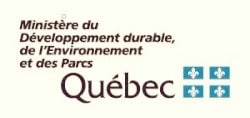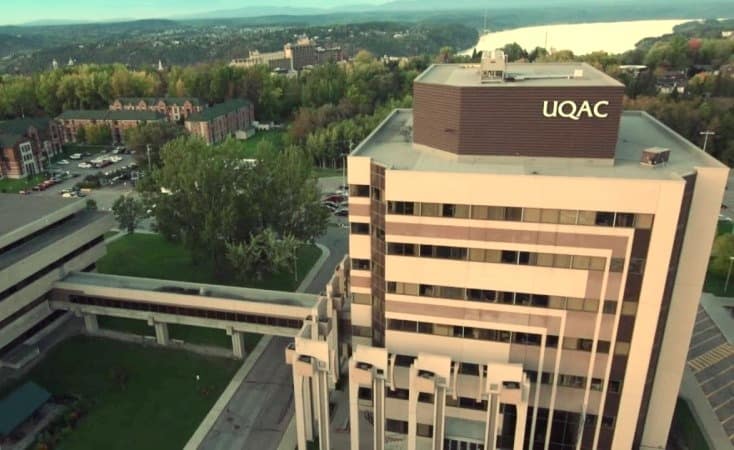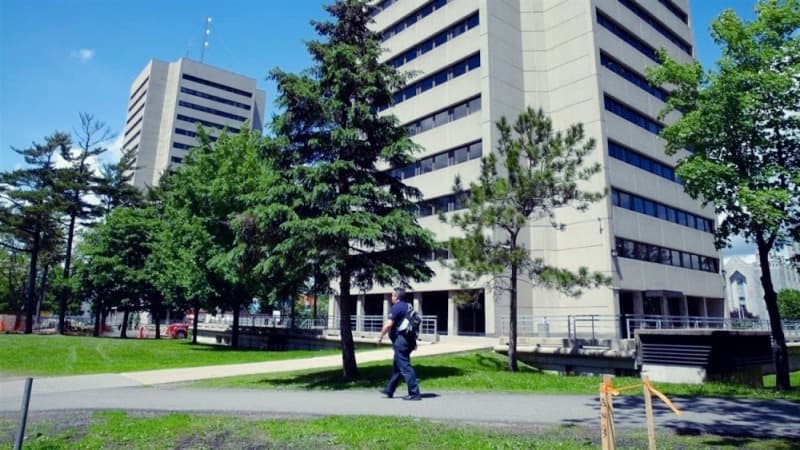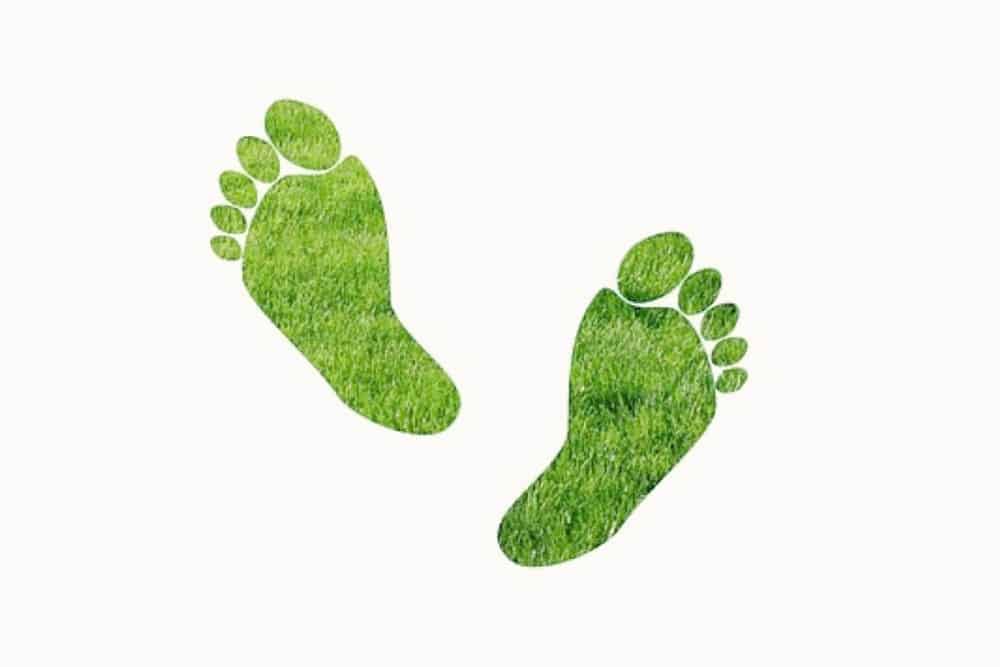How do we calculate the footprint?
Several organizations have developed tools to quickly calculate the ecological footprint. These tools consider the individual’s lifestyle and consumption habits. The programs then calculate the land area needed to produce all the goods consumed. The programs also add the area needed to dispose of the waste produced.

Tools usually multiply the area attributable to an individual by the number of people on the planet. For example, if all humans lived like Canadians, more than three planets would be needed to support humanity.
Some numbers:
- Available area: 12 billion hectares of biologically productive land and water (2011)*.
- World population: more than 7.2 billion people (in 2015)
- Result: approx. 1.6 hectares per person.
- In 2015, the global ecological footprint was more like 2.6 global hectares per person.
- In Canada, we have an ecological footprint of 6.5 hectares per person!
- One hectare = 100 m x 100 m (+ or – 2 football fields)
What are the differences between the calculation tools?
The main difference between the calculation tools is the level of precision and the number of questions asked. Some forms have fewer than 15 questions while others ask more than 30.
The way in which results are presented may also vary from site to site. Some software gives the results in hectares and others in number of football pitches. The surface area required can also be divided by theme (housing, transport, waste) or by the type of land required (forest, fields).
The concept of ecological footprint is an evolving one. Calculation methods are becoming more and more precise. Software regularly integrates new types of impacts, much like climate change models.
Several organizations have developed calculation tools to help us measure our environmental footprint. None of the calculation tools are perfect. In Québec, the use of electricity, mostly hydroelectricity, has less impact than electricity produced with fossil fuels (oil, coal, etc.). But that doesn’t mean it’s a waste of energy! We therefore suggest a few sites that take this type of factor into account.
The Ministry of Sustainable Development and the Environment of Quebec Parks (MSDEP)

The MSDEP offers a very pedagogical calculation tool that takes into account the Quebec reality.
The University of Quebec at Chicoutimi (UQAC)

At the University of Quebec at Chicoutimi, there is a fund to support a program to offset greenhouse gas (GHG) emissions by planting trees and to support research on the subject. This is the Fonds Carbone Boréal, in conjunction with the Eco-Council Chair. On Carbone Boréal’s website, you will find a calculator, easy to use, to evaluate the GHG produced by your travels and the number of trees to plant!
Laval University

Laval University offers in the section of its site on sustainable development, 5 tools for calculating the ecological footprint. Some of them focus on a particular aspect, i.e., for one, GHG emissions and for another, water consumption.
Earth day Network

Earth day Network also offers an ecological footprint calculation tool, available in French and English. The tool is very visual. The calculation for the footprint in Quebec is based on data from Ontario, the location proposed on this site which is the closest to our reality.
Zero GHG
Zero GHG is a Quebec-based provider of carbon offsetting services. On the company’s website, you will find a GHG emission calculator that is well adapted to the Quebec reality. Because of the information requested, the form must be completed with the family. This is a great opportunity to raise awareness among family and friends!
And to act…
Have you calculated your ecological footprint and that of your family? Looking for ways to reduce it?
You can have a significant impact on the environment every day. You will find the simplest and most effective ways, suggested by David Suzuki, to reduce your carbon footprint and contribute to improving the quality of life for all of us.


